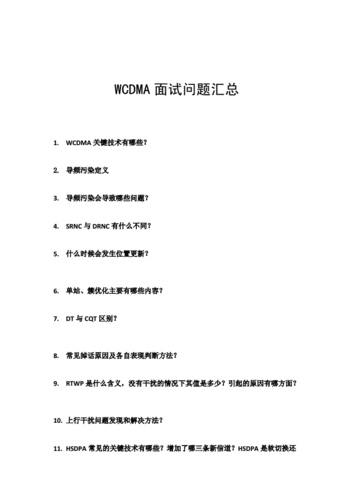区块链英语面试问题
在区块链领域的英语面试中,通常会涉及到以下一些问题:
Blockchain is a decentralized, distributed ledger that records the provenance of a digital asset. It is a chain of blocks, where each block contains data, a hash of the block, and the hash of the previous block. This creates a secure and transparent record of transactions, making it difficult to tamper with the data.
Key features of blockchain include decentralization, transparency, immutability, security, and efficiency. Decentralization means that there is no central authority controlling the network. Transparency ensures that all transaction data is publicly available. Immutability means that once data is recorded, it cannot be altered. Security is provided through cryptographic techniques, and efficiency comes from the use of smart contracts and automation.

Public blockchains are open and permissionless, allowing anyone to participate in the network, read the transactions, and validate blocks. In contrast, private blockchains are permissioned, meaning that access and participation are restricted to a specific group of entities. Private blockchains are often used in enterprise settings where privacy and control are important.
Consensus mechanisms are used to achieve agreement on the state of the blockchain and the validity of transactions. Some common consensus algorithms include Proof of Work (used in Bitcoin), Proof of Stake, Practical Byzantine Fault Tolerance (PBFT), and Delegated Proof of Stake (DPoS). Each of these mechanisms has its own way of ensuring security and agreement within the network.
Smart contracts are selfexecuting contracts with the terms of the agreement between buyer and seller being directly written into code. They automatically enforce and execute the terms of the contract, eliminating the need for intermediaries. Smart contracts are deployed on the blockchain and can be used to create various decentralized applications (DApps).
Blockchain is being used in industries such as finance for crossborder payments and trade finance, supply chain management for traceability and transparency, healthcare for secure patient data exchange, and voting systems for secure and transparent elections. It is also being explored in areas like identity verification, real estate, and intellectual property management.
Challenges and limitations of blockchain include scalability issues, energy consumption (in the case of Proof of Work consensus), regulatory uncertainties, interoperability between different blockchains, and the potential for security vulnerabilities in smart contracts.
准备好以上问题的回答,相信你会在区块链领域的英语面试中脱颖而出!







